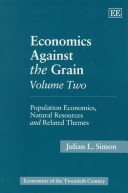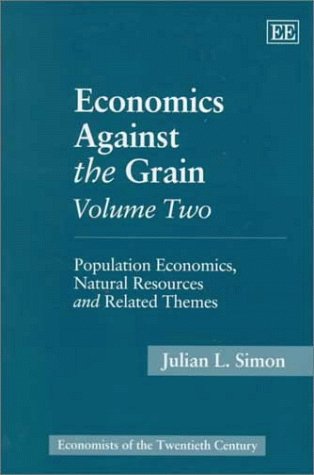Economists of the Twentieth Century
2 total works
The book begins with introductory chapters in which the author discusses his background and experiences as a controversial scholar. Divided into six parts, the first part considers some basic concepts on issues such as welfare, natural resources, causality and product differentiation. The second part contains essays on managerial economics as well as general microeconomics including monopoly, duopoly and oligopoly. Advertising is discussed in the third part and industrial organization in the fourth. Part five focuses on policies for exchange and auction considering, among other issues, airline overbooking, and the final section features articles on macroeconomics.
This collection of controversial essays will be welcomed by academics and students interested in unorthodox approaches to various economic theories and concepts.
The book features a wide range of papers divided into eight parts with a biographical introduction to the author's career and intellectual development as well as personal revelations about his background. Part One contains essays on statistics and probability which are developed in the second section on theoretical and applied econometrics. The third part considers individual behavior, including discussion of the effects of income on suicide rates and successive births, and foster care. Parts four and five present papers on population and migration, for which the author is best known. The sixth part contains Professor Simon's controversial discussion of natural resources and the articles in part seven relate to welfare analysis. In the final part some of the author's previously unpublished papers are presented, including discussions on duopoly and economists' thinking.
Like the first volume this collection will be of interest to academics and students welcoming controversial and unorthodox approaches to a wide variety of theories and concepts in economics.

